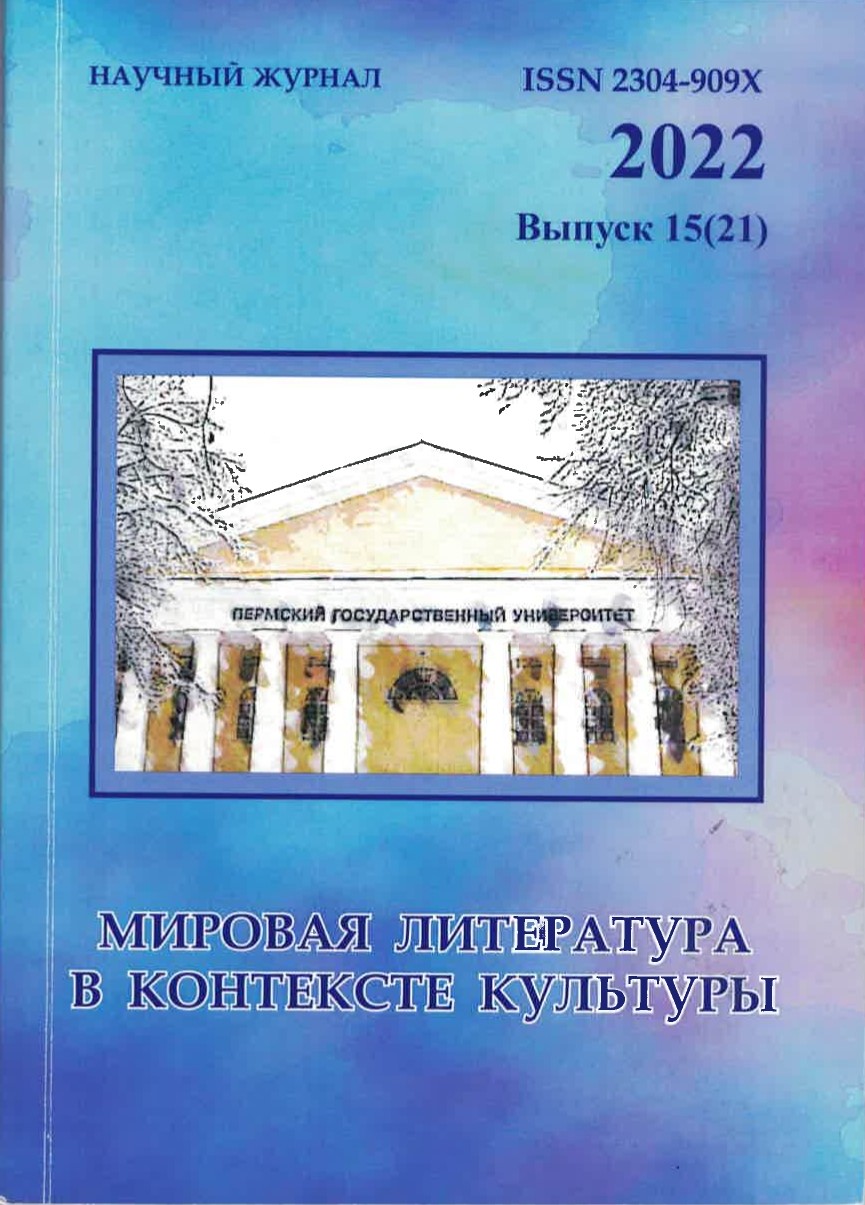This is an outdated version published on 2022-12-30. Read the most recent version.
The Patristic Pre-Eternal Council in the Literature of the XIII–XXI centuries
DOI:
https://doi.org/10.17072/2304-909Х-2022-15-5-13Abstract
The article discusses three options for understanding the term “ Council” by the Church Fathers and secular poets who echoed them. Maximus the Confessor, John of Damascus, Thomas Aquinas, Dante, G. R. Derzhavin conceived this “Council” as an eternal plan for the creation and salvation of the world. Athanasius the Great and Milton spoke of the Son’s consent to atone for Adam's sin. Filaret of Moscow interprets the “Eternal Council” as a meeting of the Persons of the Trinity. Attention is focused on the word game κατὰ τὴν βουλὴν… πρὸ καταβολῆς κόσμου “according to the Council… before the creation of the world” from the Epistle to the Ephesians, which is hinted at by Eusebius of Caesarea, and it is noted that the use of the phrase “Eternal Council” is typical for the authors of Greek culture.Published
2022-12-30
Versions
- 2023-12-29 (2)
- 2022-12-30 (1)
How to Cite
Bratukhin А. Ю. (2022). The Patristic Pre-Eternal Council in the Literature of the XIII–XXI centuries. World Literature in the Context of Culture, 15(21), 5–13. https://doi.org/10.17072/2304-909Х-2022-15-5-13
Issue
Section
Статьи

